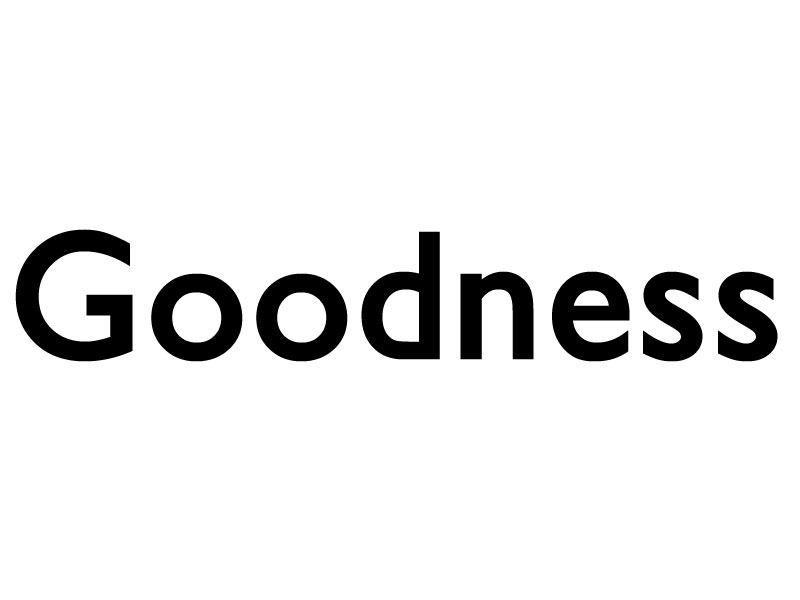 I didn’t realize how much I enjoyed puppet theatre until I saw Famous Puppet Death Scenes, put on by Calgary’s Old Trout Puppet Workshop, last year. It was bizarre, it was gross, it was moving. It had moments of extreme insight, and others that wallowed in the most deliciously macabre humour. I couldn’t stop thinking about it, and some of the powerful images it presented. Puppets may just be “blocks of wood”, as Old Trout puppeteer Judd Palmer told me last week, but what they convey in the hands of such skilled masters is something far past the corporeal. To quote my first PlayAnon interviewee, they’re “show(ing) us who we really are.” Quite an achivement for mere blocks of wood. Run, don’t walk, to see one of the best pieces of … well, whatever you want call it. The pseudo-kiddie skit “Das Bipsy and Mumu Puppenspiel” is worth the price of admission alone.
I didn’t realize how much I enjoyed puppet theatre until I saw Famous Puppet Death Scenes, put on by Calgary’s Old Trout Puppet Workshop, last year. It was bizarre, it was gross, it was moving. It had moments of extreme insight, and others that wallowed in the most deliciously macabre humour. I couldn’t stop thinking about it, and some of the powerful images it presented. Puppets may just be “blocks of wood”, as Old Trout puppeteer Judd Palmer told me last week, but what they convey in the hands of such skilled masters is something far past the corporeal. To quote my first PlayAnon interviewee, they’re “show(ing) us who we really are.” Quite an achivement for mere blocks of wood. Run, don’t walk, to see one of the best pieces of … well, whatever you want call it. The pseudo-kiddie skit “Das Bipsy and Mumu Puppenspiel” is worth the price of admission alone.
The Young Centre, where you’ll find the Old Trouts’ puppet show, just came off a successful run of shows in their first-ever cabaret series, sponsored by Canwest. With roughly 150 artists ranging from gospel (Jackie Richardson) to world sounds (Waleed Abdulhamid) to classy jazz (Patricia O’Callaghan) and much more, the Canwest Cabaret Series, was, by all accounts, a smashing success. I was able to take in the Cabaret’s Kurt Weill Songbook Saturday night, pre-Nuit Blanche-ing, and I must say, it had some of the best performances of Weill I’ve ever seen. Peppered with a range of interpretations and styles (including beautifully lyrical readings by Mike Ross and Sarah Slean, sexy, classic renditions by O’Callaghan, and decidedly scatty, quirky performances by Mary Margaret O’Hara), the Kurt Weill Songbook was a great example of an important idea: bringing supposedly “high” and/or “obscure” art to the masses -as in, to the ordinary grubs (us, that is) who happen to love it. Just days before, German songstress Ute Lemper had captivated a sold-out crowd at Roy Thomson Hall with her Dietrich-esque readings of Weill, and while the dressy crowd surely ate it up, the audiences assembled Saturday at the Young Centre were definitely more casual -in jeans, sipping beers, chatting with others at the numerous little tables set up in the Bailie Theatre so as to give a club-like feel. It was intimate, casual, and smart.
Monday night I attended the evening of skits and sketches put on by national political theatre group The Wrecking Ball. Made up entirely of pieces written only in the past week, and having had only one rehearsal, the show was part of a national effort to bring attention to the arts cuts that have so coloured the lives of Canadian artists these past few months. Along with clever work by Rick Roberts and Pierre Brault, the evening also featured work by Canadian playwright Judith Thompson, whom Kelly Nestruck, the Globe’s Theatre Critic, rightly says is “swiftly turning into Canada’s David Hare.” Dead on. My favourite, however, was Teresa Pavlinek’s tale of two ordinary people who share a bus ride, along with stationery, and eventually, their dreams and ambitions. Called “The Road to Ordinary”, it was perhaps the least partisan piece of the evening, but for me, it was also the most moving, notable for the subtle ways in which Pavlinek showed how culture has the power to change lives. Great acting too, from Ieva Lucs and Hardee T. Lineham. Best Speech of the Evening Award went to Michael Healey, who reminded the packed Tarragon that, despite what we may think of him, Prime Minister Harper is a patriot too. It was brave, good, and ballsy. Kudos, Michael.
The last word goes to Northrop Frye, again, taken from The Educated Imagination. I like this one, because, based on the artists I’ve spoken with, including my next PlayAnon interviewee, artists of various disciplines in this country didn’t really speak to one another until the arts cuts were made public. What a way to foster discussion. Still, there’s a long way to go in terms of cultivating those connections. So, without further adue, Mr. Frye’s thoughts…
… just as it’s easy to confuse thinking with the habitual associations of language, so it’s easy to confuse thinking with thinking in words. I’ve even heard it said that thought is inner speech, though how you’d apply that statement to what Beethoven was doing when he was thinking about his ninth symphony, I don’t know. But the study of other arts, such as painting and music, has many values for literary training apart from their value as subjects in themselves. Everything man does that’s worth doing is some kind of construction, and the imagination is the constructive power of the mind set free to work on pure construction, construction for its own sake. The units don’t have to be words; they can be numbers or tones or colours or bricks or pieces of marble. It’s hardly possible to understand what the imagination is doing with words without seeing how it operates with some of these other units.


